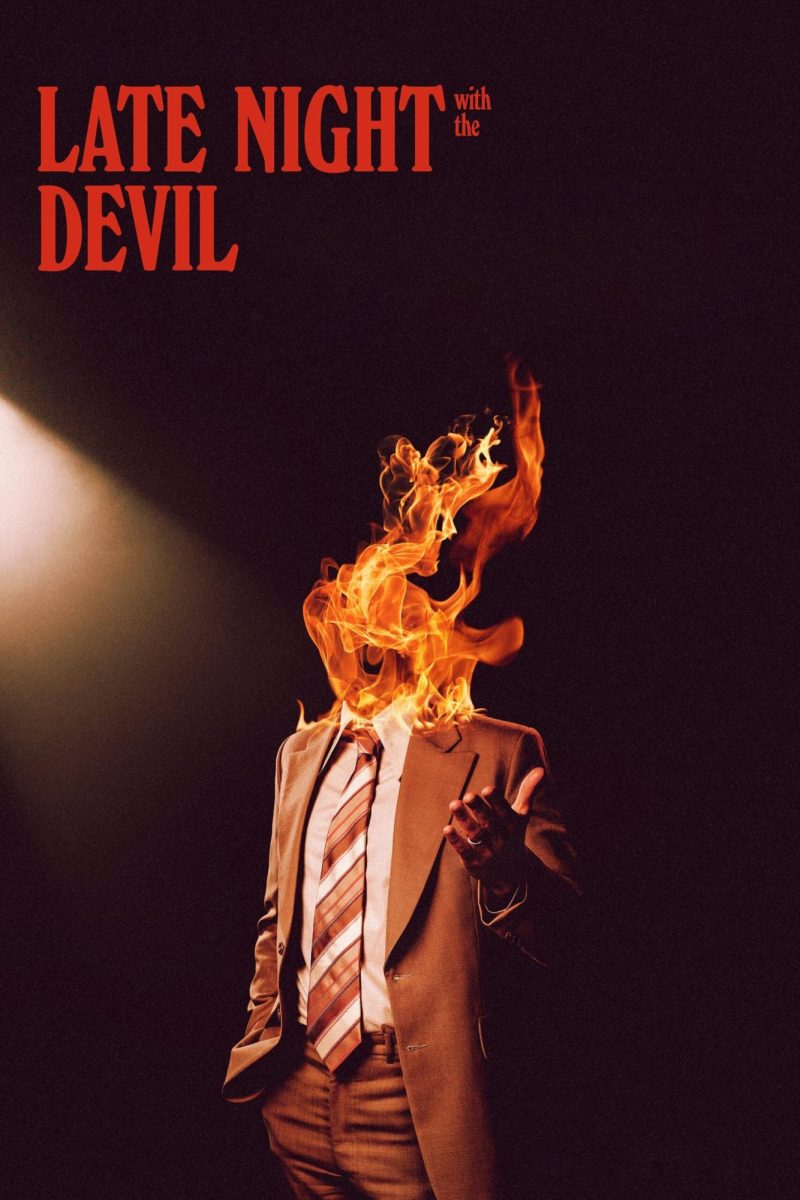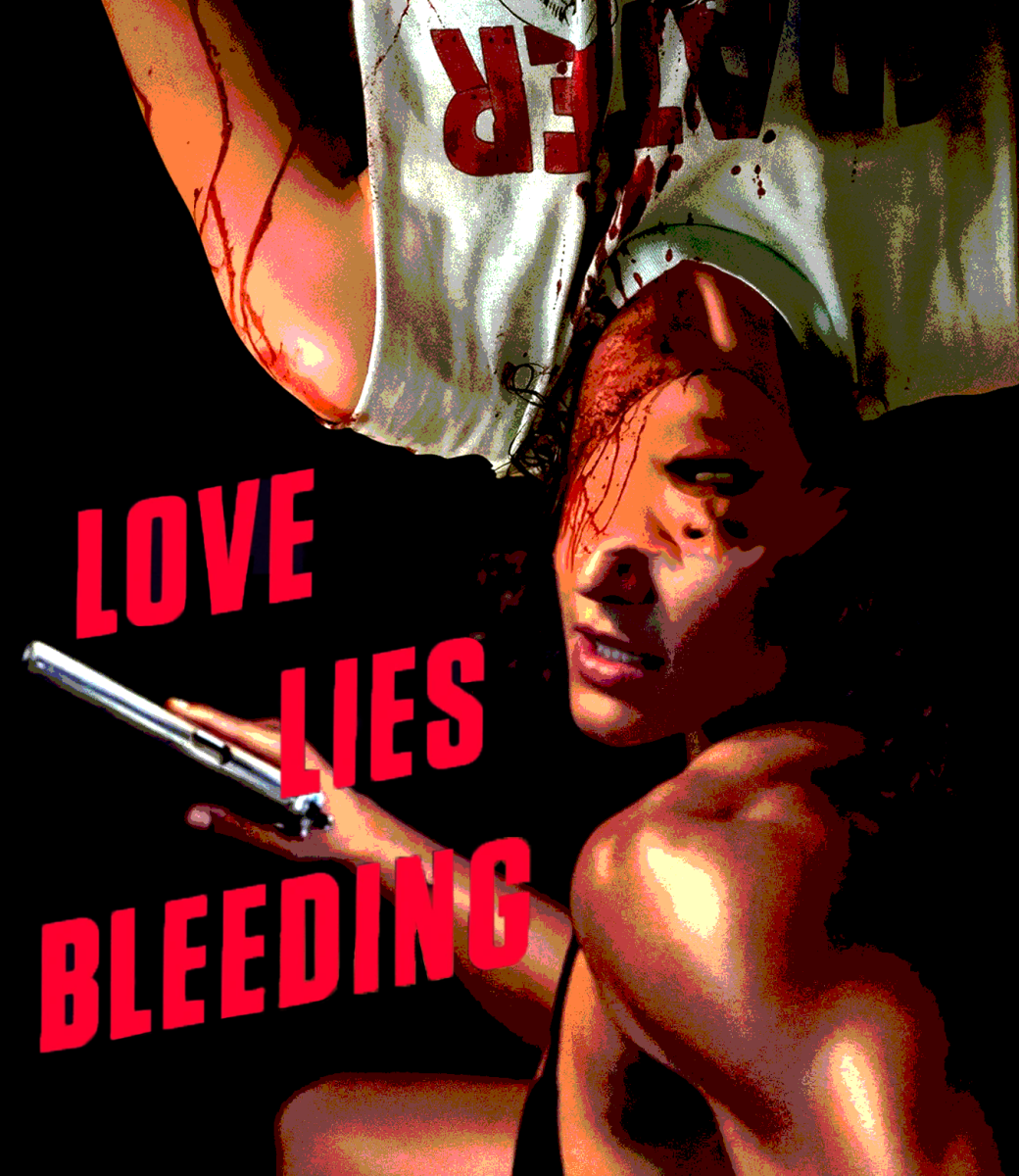Think about where you are in your life right now. Freshmen, maybe you’re wondering where you belong in this new college hierarchy. Juniors are probably digging into their coursework, with the realization that they don’t really have that much time left to make their mark.
Seniors are most likely a jumble of emotions; relief that you’re almost done, and despair knowing that you might actually get out alive and then have to go on to something else.
Now imagine your life as it stands at this moment, and the government is telling you that your life will stop and you’ll be shipped off to Iraq in a few months time.
That’s exactly what happened to John Crawford in 2002. Two credits from graduating from Florida State University, Crawford, a newlywed, was enjoying his honeymoon cruise when he got an e-mail telling him that his National Guard unit had been activated.
Crawford chronicles his service during the war in the new book The Last True Story I’ll Ever Tell: An Accidental Soldier’s Account of the War in Iraq. The book is written in a series of short stories; encapsulated blasts of war and action countered by accounts of wasted hours in the sand-swept desert and the dangerous, deadly alleys of Baghdad.
“I recognized the importance of Middle Eastern oil to European and Asian powers. This was a war I didn’t believe in, but no one has asked my opinion. I had signed a contract, reaped the benefits of a cheap college education, and now it was time to pay it back.”
The book, which was released on Aug. 4, has been called everything from “cliched drivel” to “a heartbreaking and perversely beautiful book that should join Catch-22 and The Things They Carried”‘ The latter comment was uttered by fellow writer James Frey, author of A Million Little Pieces and My Friend Leonard.
Crawford wrote most of the graphic short stories while still in Iraq. When all Florida National Guard units were sent back to the States, Crawford’s unit was attached to another company stationed in Baghdad.
Months passed, and the unit heard nothing of their homecoming.
Though ideologically he didn’t believe in the war, Crawford understood inherently that he was a soldier in the U.S. Army first and foremost, and he respected that duty.
Whether or not you agree with the war in Iraq, this is, and will become an important book. It’s actually one of the first books about the Iraq war that isn’t sentimental tacky crap or a flaming load of propaganda.
The language Crawford uses makes no apologies. The dialogue between soldiers is usually a string of f-bombs, with a few choice descriptive words thrown in for the sake of comprehension.
His explicit depictions of the men he served with are cutting and simply stated. His writing lacks extraneous detail, a unique trait of war writers.
“The infantry picks the man: men who do poorly in math, excel at athletics, drink a lot, love their mothers, fear their fathers, men who have something to prove or feel they have already proven it all. We were both proud and ashamed of what we were.”
The heat-of-the-moment imagery will quicken your pulse in anticipation. Crawford’s style is like Hemingway’s, he tells his stories in the stripped-down, detached voice of one who is too close to the situation to get emotional.
“We’ve been compromised, they’re firing at us, it’s been a trick the whole time, and we’re f***ing dead. That’s it, man, nice try, might’ve done something with your life, but instead you’re going to lie here and bleed to death in a shit-and-piss filled alley in Baghdad.”
The Last True Story I’ll Ever Tell is a quick read, despite its 200-plus pages. Maybe it’s because in reading about the plight, or, rather, the state of our soldiers in Iraq is too painful to draw out, especially told first hand.
The most gut-wrenching scenes are where Crawford dreams about his wife, or talks about not remembering what her smile looked like, but still remembering the smell of her hair.
Crawford made it back to the States physically unharmed, but in a state of metal disarray. He describes a poignant scene of his reunion with his college cronies and his beautiful wife, only to shatter the picturesque scene with his own startling discovery that he was dreaming the whole thing.
“It took me a moment to realize where I was. Pearson and Hightower were already up, throwing on body armor and grabbing weapons to defend the perimeter-It was just a vision of what home could or should be.”
Crawford doesn’t elaborate on his return to the states, saying only that he spent months shacking at his buddies’ houses. He implies that his marriage dissolved upon his return.
Crawford explains the rather ambiguous title in the last few lines of the book; “In my dream, my wife never told me that things would have been better off if I had just never come home-This is a true story. You can tell because it makes your stomach turn. I am home now, and I will never again write a true story.”







